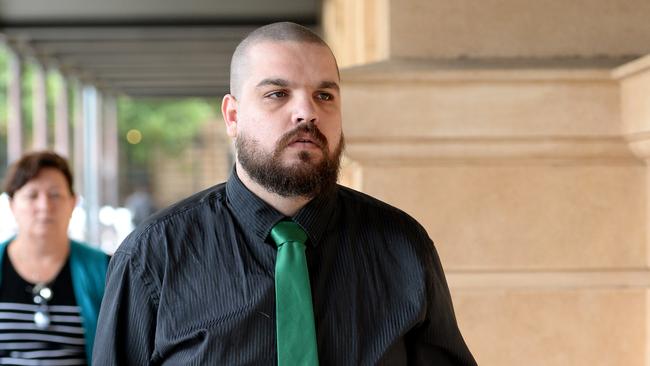Road To Justice campaign: Families of victims of SA killer drivers unite to plead for more consistency in sentencing
Some killer drivers are jailed, others go free with a $100 good-behaviour bond. Now victims’ families are uniting, saying enough is enough.
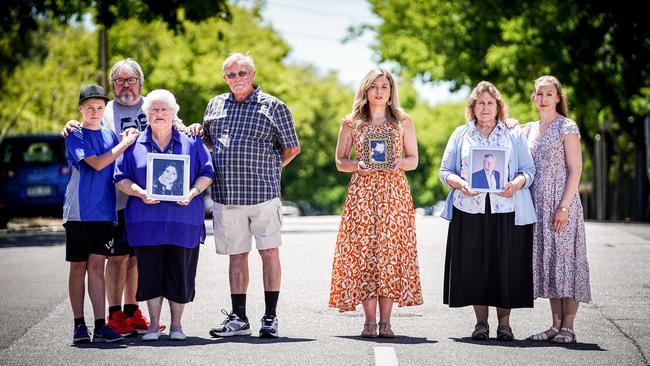
Police & Courts
Don't miss out on the headlines from Police & Courts. Followed categories will be added to My News.
The inconsistent sentencing of killer drivers must end if offenders are to be adequately punished, reckless road users deterred and victims to receive justice, survivors say.
Today, the families of some of SA’s most high-profile crash victims join forces with The Advertiser to launch the Road To Justice campaign to fight for an overhaul of the offence of causing death by dangerous driving.
They want the creation of a mandatory 10-year minimum prison term for the worst offenders – those whose crimes were aggravated by gross speed, intoxication or recklessness.
They also want tighter bail conditions and longer licence disqualifications, an end to suspended sentences and plea bargains, and more support for those left bereaved by crashes.
The campaign is led by Lauren Ralph, whose sister, nine-year-old Abigail, was killed in 2003 – setting a legal precedent that continues to benefit killer drivers to this day.
Ms Ralph said she had spent her entire life watching other families suffer as hers had, and could no longer stay silent in her grief.
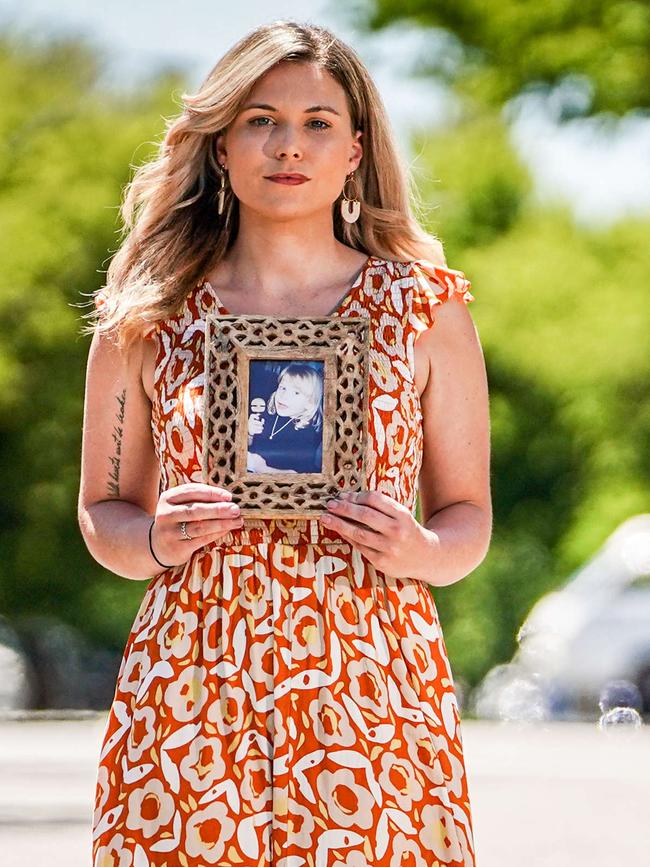
“Every new case is a trigger for me – I get very angry and think ‘what about the victims’ families?’,” she said.
“There’s no support for victims. It’s like we’re the criminals and we have to pay for what’s happened to us.
“All the horrific sentences and unjust outcomes, they’re gut-wrenching and they’re disgusting – I just don’t understand it, and I never will.”
Three offences govern how courts handle fatal road crashes.
The first, aggravated causing death by dangerous driving, involves gross speed, intoxication or recklessness and carries a maximum sentence of life.
The second, causing death by dangerous driving, is punishable with a maximum 15-year sentence. Both carry a mandatory minimum licence disqualification of 10 years, and a mandatory 80 per cent non-parole period. No driver has ever received the maximum prison term for either offence.
The third offence is called aggravated driving without due care, and most often comes into play when a driver’s lawyers negotiate a plea bargain with prosecutors.
If successful, they face a maximum of just 12 months’ jail and a six-month disqualification – a 93 per cent reduction in penalty.
Abigail Ralph’s killer, Jarrod Damien Payne, received an 18-month prison term, which prosecutors challenged in the Full Court of the Court of Criminal Appeal.
In a unanimous decision, the court left his sentence unaltered and said each crash had to be judged on its individual circumstances.
A benchmark sentence, it ruled, would not be “wise or helpful” because penalties were “neither inadequate nor inconsistent”. That precedent continues to be invoked by judges – as recently as October last year – when short or suspended sentences are imposed.
Kimberly Gilmour, whose father was killed while cycling, said that was not good enough.
“In these cases, the victim was doing no wrong – it was not the result of mistakes on both sides causing deaths like in some crashes,” she said. “These purely occurred because of the irresponsible and reckless behaviour of one person and the poor victim lost their lives as a result of it.
“There’s no consistency – one person shouldn’t get a $300 fine while another person goes to jail. There’s an attitude that mandatory sentencing will never be brought in – but how many people have to be killed before we act?”
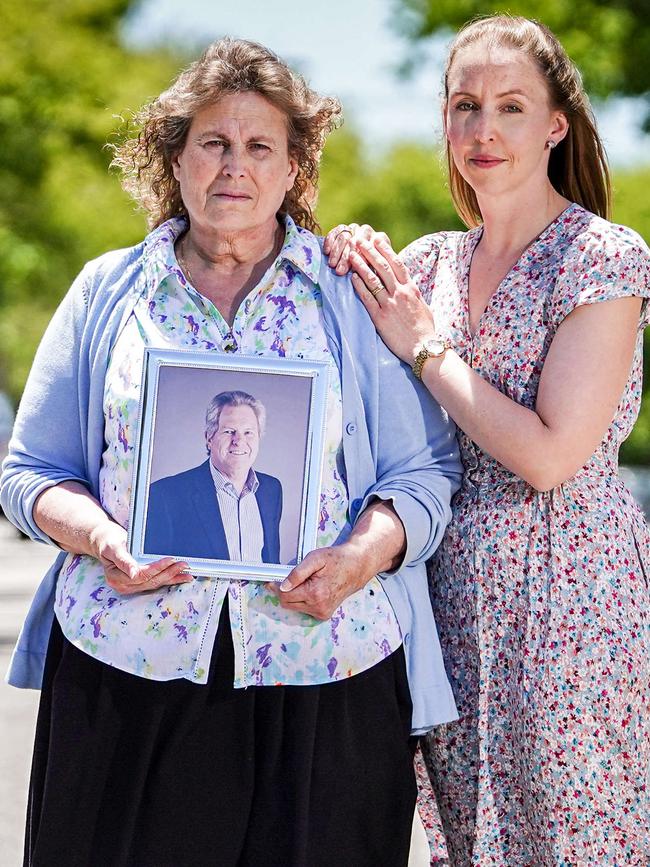
Her brother, Ashley Curtis, agreed. “Somebody has been killed and, in every other area of the law, that carries severe consequences – but not in causing death by dangerous driving,” he said.
“If you are murdered while walking down the street, you’re seen as innocent, but if you’re on the road, it’s almost as if you’re seen as culpable in some way.
“We don’t want this to happen to anyone else … there needs to be a genuine deterrent, a more serious sentence.”
Greg McEwan, whose sister, Sonia Warne, was killed by a speeding driver, said imprisonment was the most appropriate punishment for severe, “top-level” recklessness.
“When you’re driving without a licence, really drunk or drugged, in a police chase or have a history of offending, there’s no reason you shouldn’t go to jail,” he said. “If there’s a minimum and a maximum sentence for aggravated causing death by dangerous driving, same as there is for murder, judges can then set appropriate penalties.”
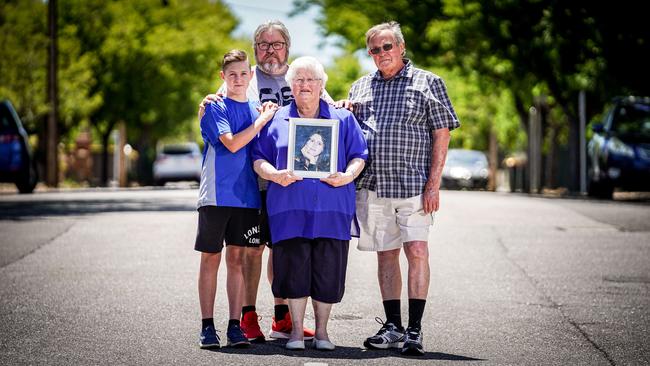
Ms Ralph said the sentencing process gave too many benefits, and too much privilege, to drivers at the expense of victims and their families.
“Why is someone who’s broken the law, killed a person, broken a family, ruined a childhood, deserving of a benefit? They don’t deserve that privilege,” she said.
“There needs to be more support for families … and greater consideration for victims and how they’re affected.”
KILLER DRIVERS – BUT NO CONSISTENCY
Bevan Aliastaire Ladhams
■ Collided with cyclist Daniel Thompson and his daughter Emily, 5, in March 2018, killing Mr Thompson.
■ Plea-bargained his charges down to aggravated driving without due care.
■ Released on a two-year good behaviour bond.
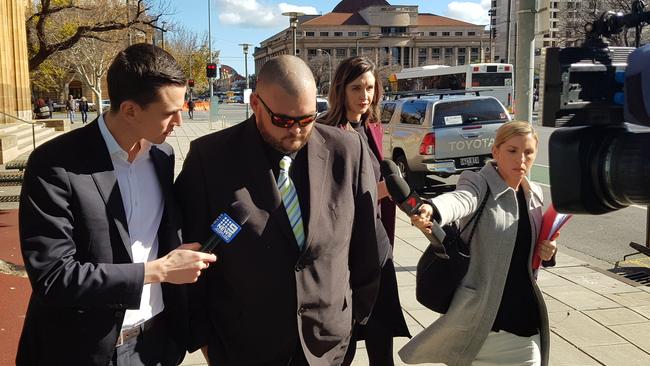
Sophie Brine
■ Killed Lauren-Kay Zadow-Mulvey in a 2010 “car-surfing” incident and was disqualified from driving for 10 years.
■ Killed delivery driver Jatinder Brar in January 2019 while disqualified, high on meth, speeding and fleeing police in a car she had stolen.
Amanpreet Singh
■ While driving his taxi, killed pedestrian Manjit Dhadwal as he crossed Anzac Highway in 2017, but was acquitted of causing his death by dangerous driving.
■ Mr Dhadwal, who had been drinking, lost his sister to a different killer driver 12 months earlier, and that man received a suspended sentence.
■ Singh was convicted of, and received a three-month prison term for, aggravated driving without due care but his sentence was suspended.
Akol Agiu Akol and Alakiir Kelei Deng
■ The duo were street-racing when Akol lost control and crashed, killing passenger Bor Mabil, in 2019.
■ Akol was speeding, drunk, affected by MDMA and disqualified from driving, while Deng was speeding and still on her L-plates.
■ Akol was jailed for 2½ years, but that was increased by 12 months after an appeal by prosecutors.
■ Deng’s three-year prison term was suspended on condition of a three-year bond.
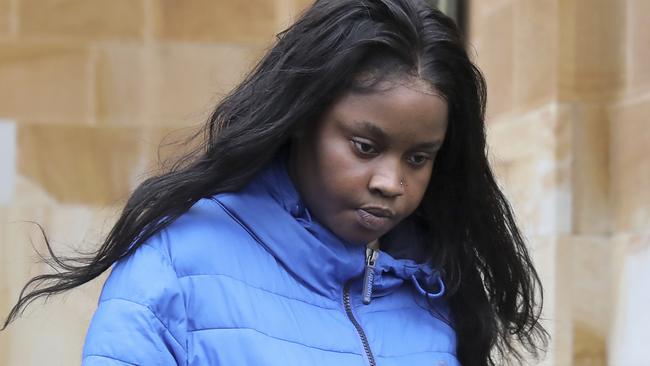
Callum Nelsen Shannon
■ Killed Cael Paparella in a September 2018 crash that also left him with a brain injury.
■ Was so high on unprescribed Xanax, and had consumed so much cannabis before the crash, that he had no memory of events leading up to it.
■ Pleaded guilty to aggravated causing death by dangerous driving but was released on a $100 bond, with a court ruling “the community does not need protection from you”.
Hayden John Pepe
■ Killed his friend and passenger Phillip Frith when his car “fishtailed” in 2018.
■ Was disqualified from driving, speeding and had cannabis in his system at the time of the crash, and sustained permanent injuries.
■ Pleaded guilty to aggravated causing death by dangerous driving and was jailed for almost 2½ years.
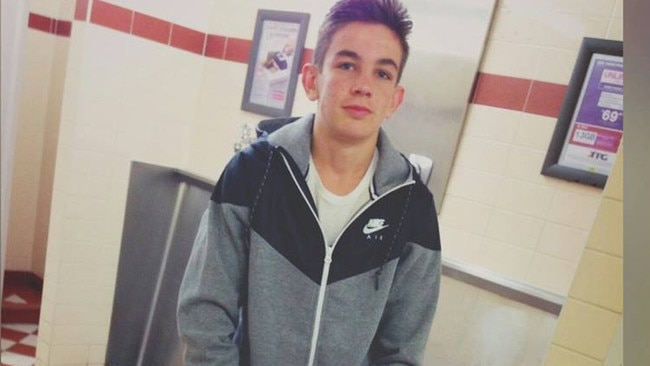
Shujaat Bahrami
■ Killed one child and left five more injured and traumatised in an October 2016 crash.
■ Struck a plea bargain and reduced his offence to aggravated driving without due care.
■ Was jailed for 19 weeks but it was suspended.

Joshua Burroughs Norman
■ Killed pedestrian Adam Joseph in December 2018 while driving with a blood-alcohol level of .191.
■ Had been reported to police for drink-driving 12 times by his 24th birthday, but only one instance had been “proven beyond reasonable doubt” in court.
■ Mr Joseph had also been drinking, but chose to walk home rather than risk hurting others by driving.
■ Norman was sentenced to a minimum 2½ years’ jail.

Nadia Shubnam Khan
■ Killed her 18-month-old son, who was sitting unrestrained in the back seat, when she rolled her car 20 times in January 2018.
■ Was driving in excess of 110km/h and had been smoking cannabis.
■ Pleaded guilty to aggravated causing death by dangerous driving and was jailed for a minimum of 20 months.
Mitchell Deane Franklin
■ Was watching a wrestling DVD on his in-dash TV when he crashed into, and killed, Harvie Spencer in June 2013.
■ During sentencing, Judge Paul Muscat said it was “disheartening” to jail killer drivers and to have to impose the mandatory 80 per cent non-parole period.
■ He jailed Franklin for at least two years and nine months, saying it would have been less were he not “constrained” by legislation.
More Coverage
